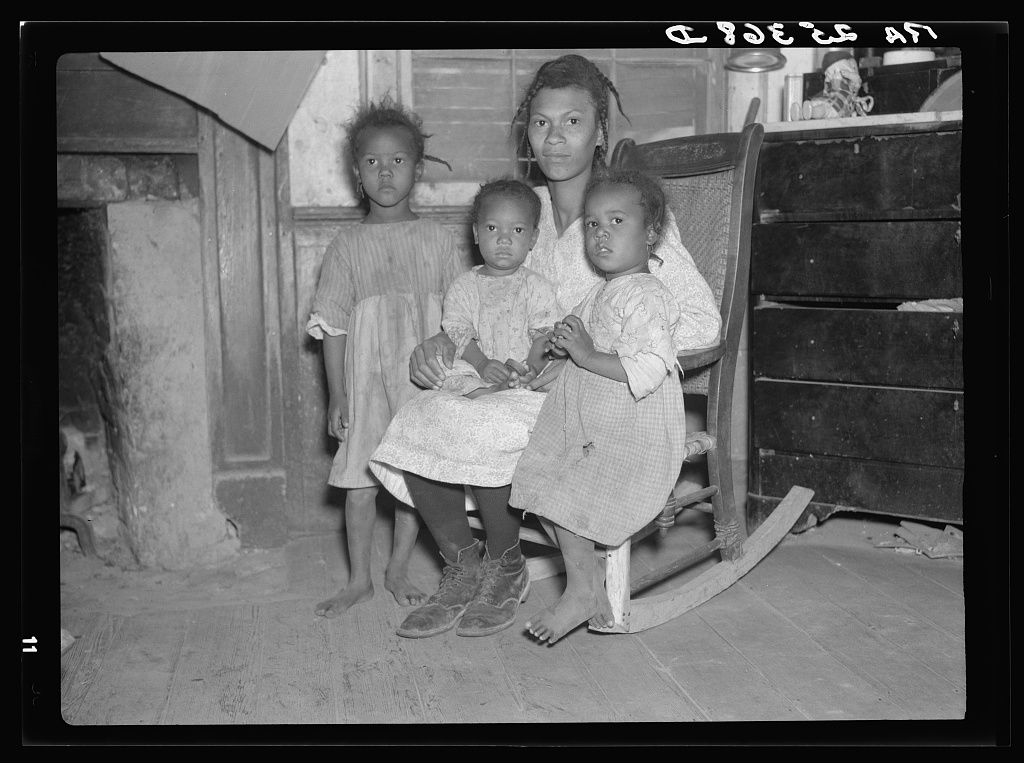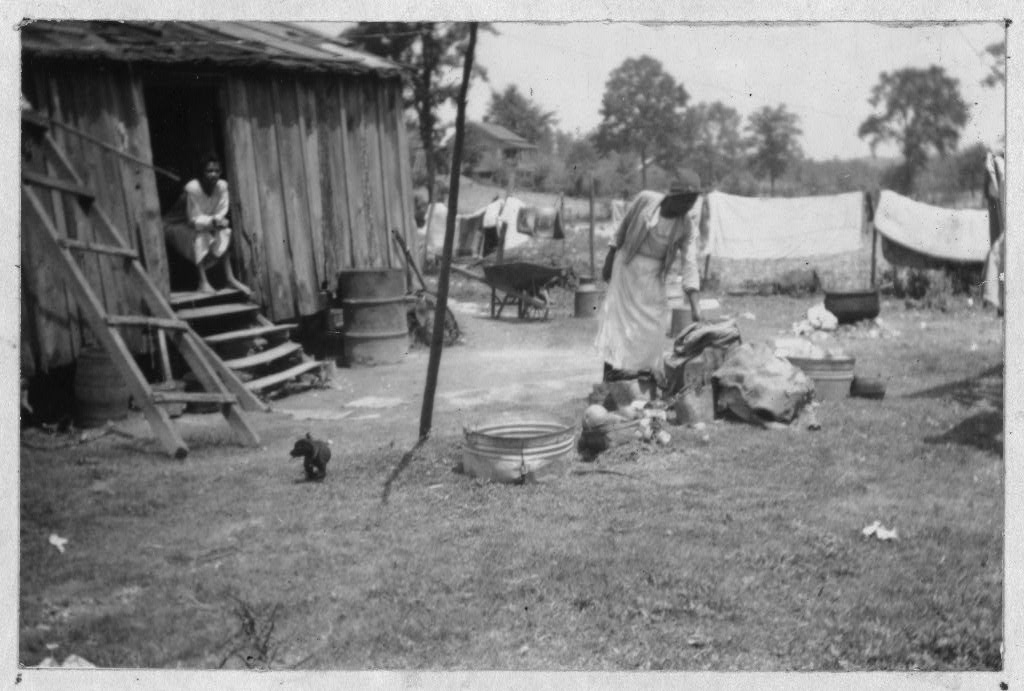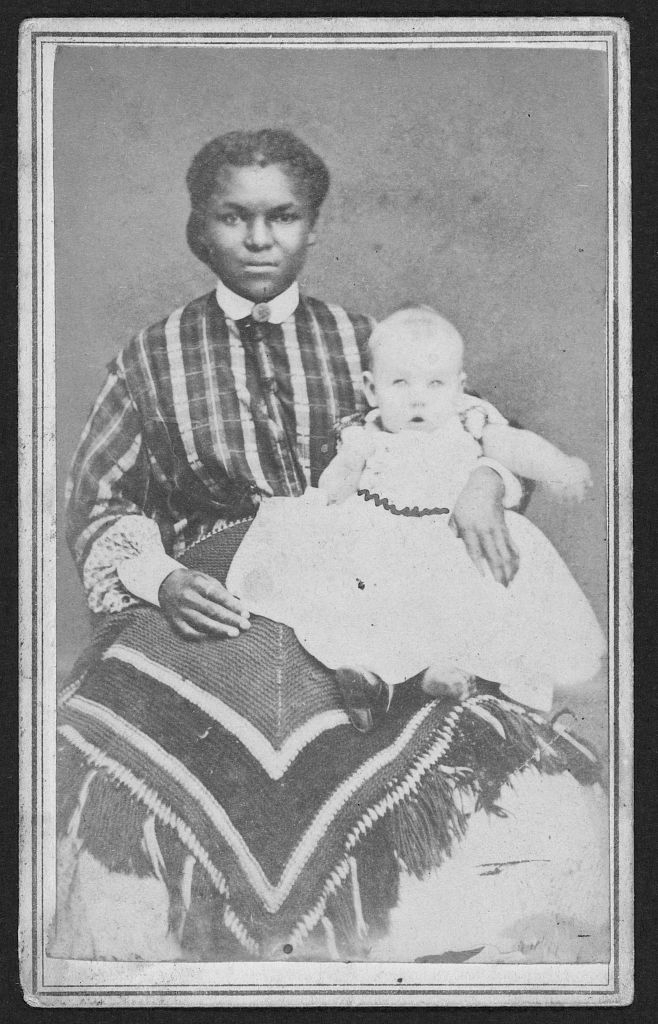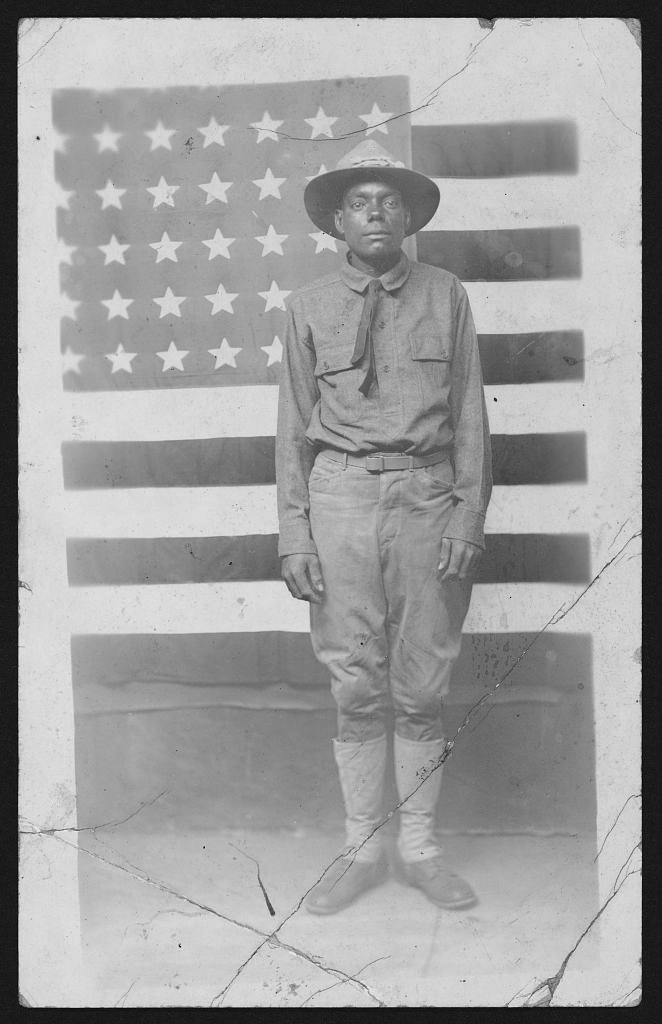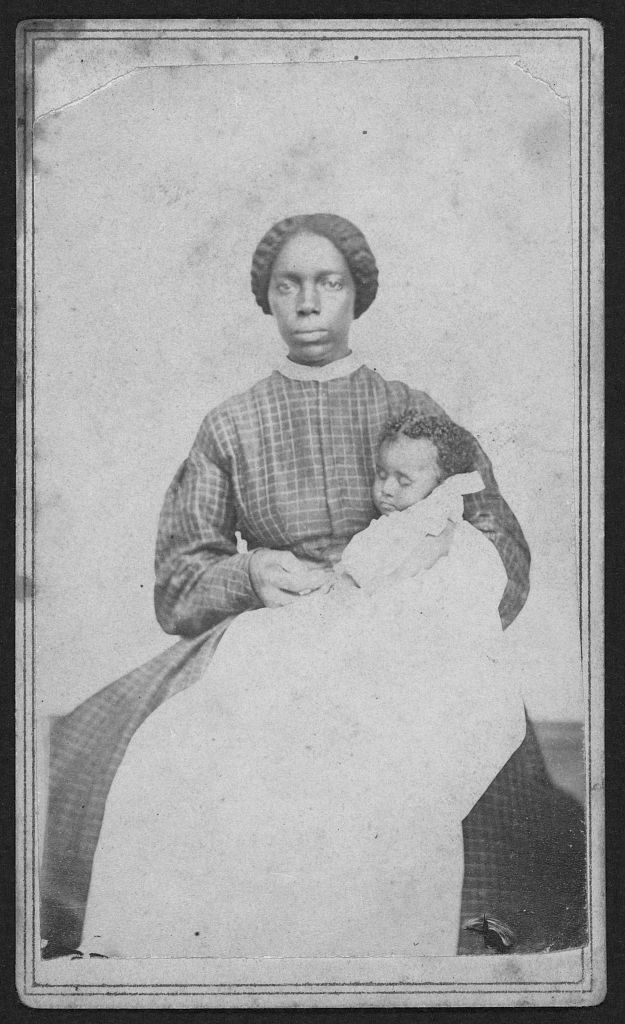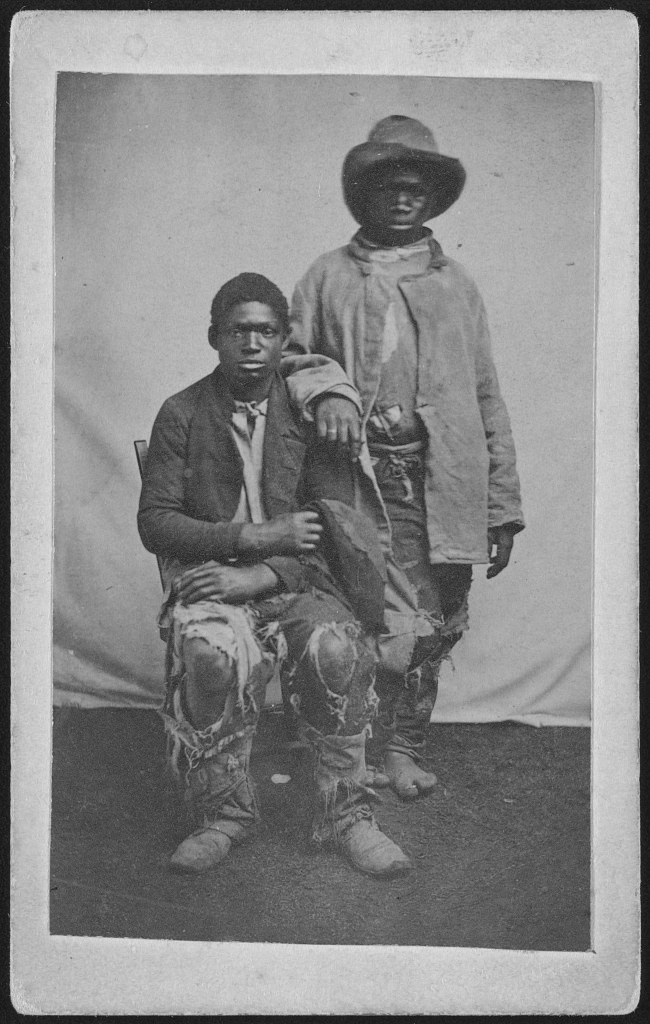THE LESSON
ABOUT THE FILM
THE BACKSTORY
An old man picks up his grandson from school. The boy reads an excerpt from his U.S. History book. That’s when the grandfather decides to open up about his family’s personal and painful history and what it means to be black in America.
“I see things every day that remind me. I can’t disremember. They say history repeats itself, son, but we never came clean with our history.”
“The Lesson” is a composite narrative inspired by over 2,300 interviews of former slaves, transcribed by the Federal Writers Project in the 1930s. Based on these chilling accounts and current interviews in places like Clarksdale, Mississippi and Oakland, California, "The Lesson" came to life.
The Southern Poverty Law Center (SPLC) released a report recently titled Teaching Hard History: American Slavery. Its findings reveal that educators are not sufficiently prepared to teach the history of American slavery. Textbooks don’t have enough material about it. And among 12th-graders, only 8 percent could identify slavery as the cause of the Civil War. Fewer than one-third correctly named the 13th Amendment as the formal end of U.S. slavery. And fewer than half identified the “Middle Passage” as the transport of enslaved Africans across the Atlantic Ocean to North America. Download the report.
The following introduction for “The Lesson” was written by Sarah Schecter, a student at the Oakland School for the Arts:
In my 5th grade history class, we never learned about slavery, even though we were discussing American history. In my friend’s class, the students were taught that all Black people came to the U.S. as immigrants to work on plantations. Another girl I know was instructed to write a diary entry as a slave owner in the Antebellum south. We were not taught that slaves were enslaved people. We were not even taught the 13th Amendment – the piece of text that supposedly abolished slavery.
So how are we supposed to make connections between the U.S. prison system, which profits off of free labor from Black and Brown people, to slavery in the 20th century? How can we learn that slavery was not limited to the South, how it is connected to white supremacy, and why it’s still relevant today?
When slavery is taught out of context, sentimentalized, and edited, it leaves people with wildly skewed ideas and opinions. This creates a cognitive dissonance we see all the time, whether it is represented in claiming to be “woke” but being too uncomfortable to actually discuss slavery, or appropriating Black culture, fashion, and music without actually understanding subjugation of African Americans. We obviously have a problem if we were taught to call enslaved people workers, if people continue to make jokes about slavery, and African Americans are incarcerated at more than 5 times the rate of whites.
Even after radical and enlightening discussions about these topics, I am left with many questions. What exactly needs to be taught to every single person in America? Who has access to this information? And where does this leave us, as a country and society?


